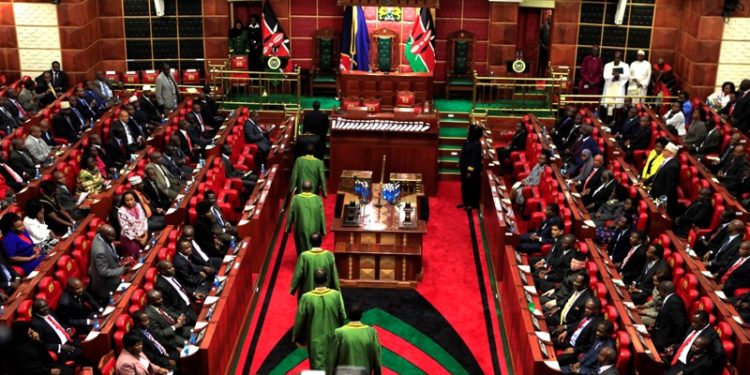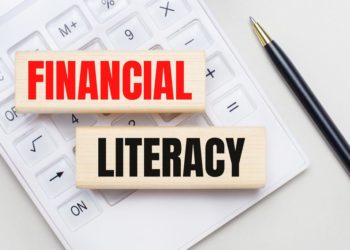The National Assembly Committee on Finance and National Planning has initiated legislative efforts to regulate Kenya’s Buy-Now-Pay-Later (BNPL) credit sector. These proposals, outlined in three Bills—the Tax Laws (Amendment) Bill 2024, the Tax Procedures (Amendment) Bill 2024, and the Business Laws (Amendment) Bill 2024—aim to address concerns over consumer exploitation and predatory lending practices.
This initiative follows a petition by boda boda operators, who raised concerns about unfair practices by BNPL firms. “The proposed amendments are a necessary step to protect vulnerable borrowers from financial exploitation while ensuring the sector operates transparently,” noted a representative from the Finance and National Planning Committee.
The amendments include new consumer protection measures that set clear conditions for micro-lending, provide transparent information on financial costs, and define the responsibilities of both borrowers and lenders.
Key among the proposals is an amendment to the Central Bank Act, which would require non-deposit-taking credit providers to obtain licenses and adhere to regulations enforced by the Central Bank of Kenya (CBK). This move seeks to combat illegal lending practices and bring unregulated credit providers under official oversight.
“The proposed regulations will ensure fairness and accountability in the BNPL credit sector,” stated a CBK official. “By requiring licensing, we can enforce a code of conduct that protects consumers.”
The Business Laws (Amendment) Bill 2024 further mandates that microfinance businesses provide borrowers with accurate information about loan terms and financial costs while safeguarding borrower confidentiality. These provisions aim to improve transparency and promote ethical practices in the sector.
To address concerns about unethical loan recovery practices, the legislation explicitly prohibits lenders from harassment or using violence during debt collection. “During debt collection or loan recovery, non-deposit-taking microfinance businesses are prohibited from harassing, abusing, or oppressing borrowers or guarantors, using threats or violence, or employing obscene or profane language,” the Bill states.


















